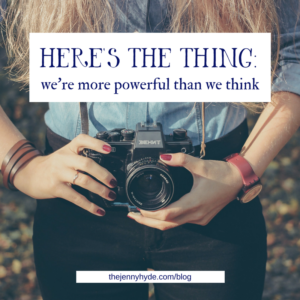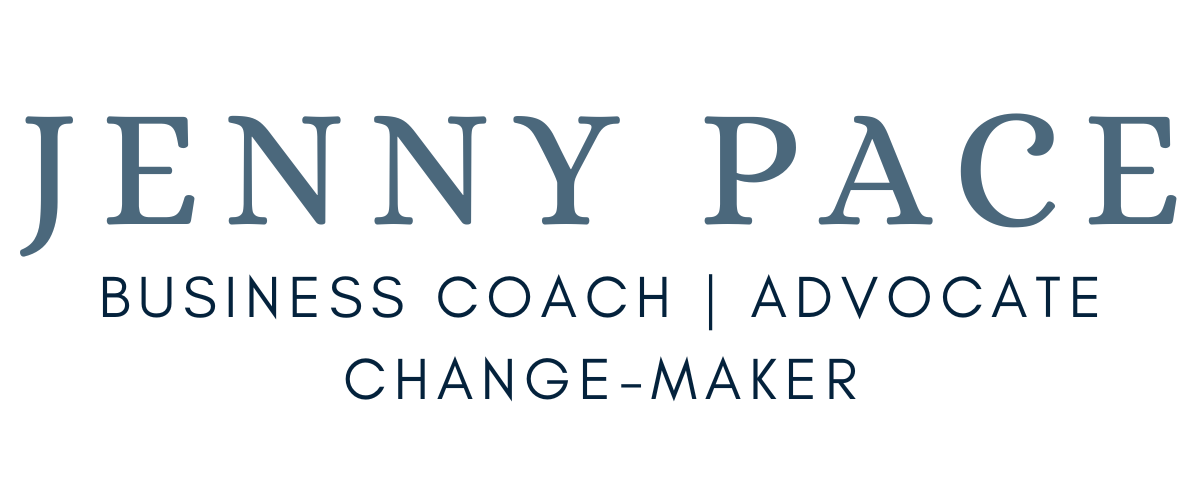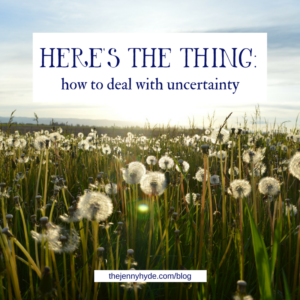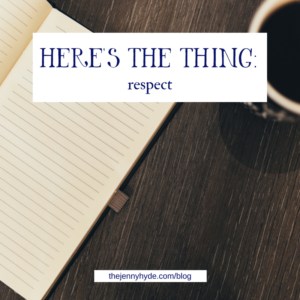 I’ll be honest: there are times when the world of retail gets me down. Meaningless purchases that end up in landfill, a huge volume of plastic that our planet doesn’t enjoy, an increase of consumer debt… It can all add up to something that just doesn’t feel good.
I’ll be honest: there are times when the world of retail gets me down. Meaningless purchases that end up in landfill, a huge volume of plastic that our planet doesn’t enjoy, an increase of consumer debt… It can all add up to something that just doesn’t feel good.
I’ve been thinking recently about how to get more comfortable with retail again. I’ve been thinking about what’s important and necessary and meaningful.
And it strikes me that we’re more powerful as consumers than we realise. The money we spend tells companies what’s important to us, whether it’s environmental, aesthetic, cultural, idealistic or other factors.
I read an article recently which claimed women make 80% of household purchasing decisions so even if we’re not earning the money (let’s change that anyway), we’re highly influential. Imagine if 80% of household decisions were made based on where our food came from, how it’s grown, where our clothes come from, or whether those companies treated people well and supported women in the workplace – or whatever is important to you.
I guess I’ve been thinking about it recently because of the election, and because the world seems a little chaotic, and I have to hope it’s being shaken up so that we can create something better.
Yes, we can go to the polling station and vote.
But we can also vote for the world we want with the money we spend.
That’s a huge part of my belief in small businesses. I adore the Just A Card campaign – if we all purchased the cards and small gifts we love to give from small businesses, we’d keep an entire industry of creatives (and increasingly female creatives) in business.
And it goes for the bigger purchases too.
We get to put our money where our values are.
I’ve long been about quality over quantity – a single pair of good quality jeans over throw-away pairs that last a couple of months.
And I want to support people who are doing good in the world: lifting others up, creating unique work, showing up as themselves, courageously making the things only they can make, working towards healing and happiness. (Is this you? Tell me, and show me where and how I can support.)
I’m an advocate. I care about people. I care about the people behind the business, and I want to support them. Not only with the mentoring, retreats, courses, services and love I offer professionally, but also in the things I buy from them.
Here’s the thing
We each have our own set of values. They fluctuate from time to time, but we mostly know what we care about, deep down.
Let’s stand behind them, and allow the money we spend to speak for us (as well as our words and other actions).
Let’s make purchases from people we like, of products that we love and reflect our values.
Let’s ensure our decision-making counts.
Maybe even just your next purchase. Buy something from someone doing good work in the world. They’ll thank you for it, and so will all the people they support, and so on.
***
PS If you need to find your own meaning, or at least a little more, join me on Thursday for an online mini retreat. Read and register here.




